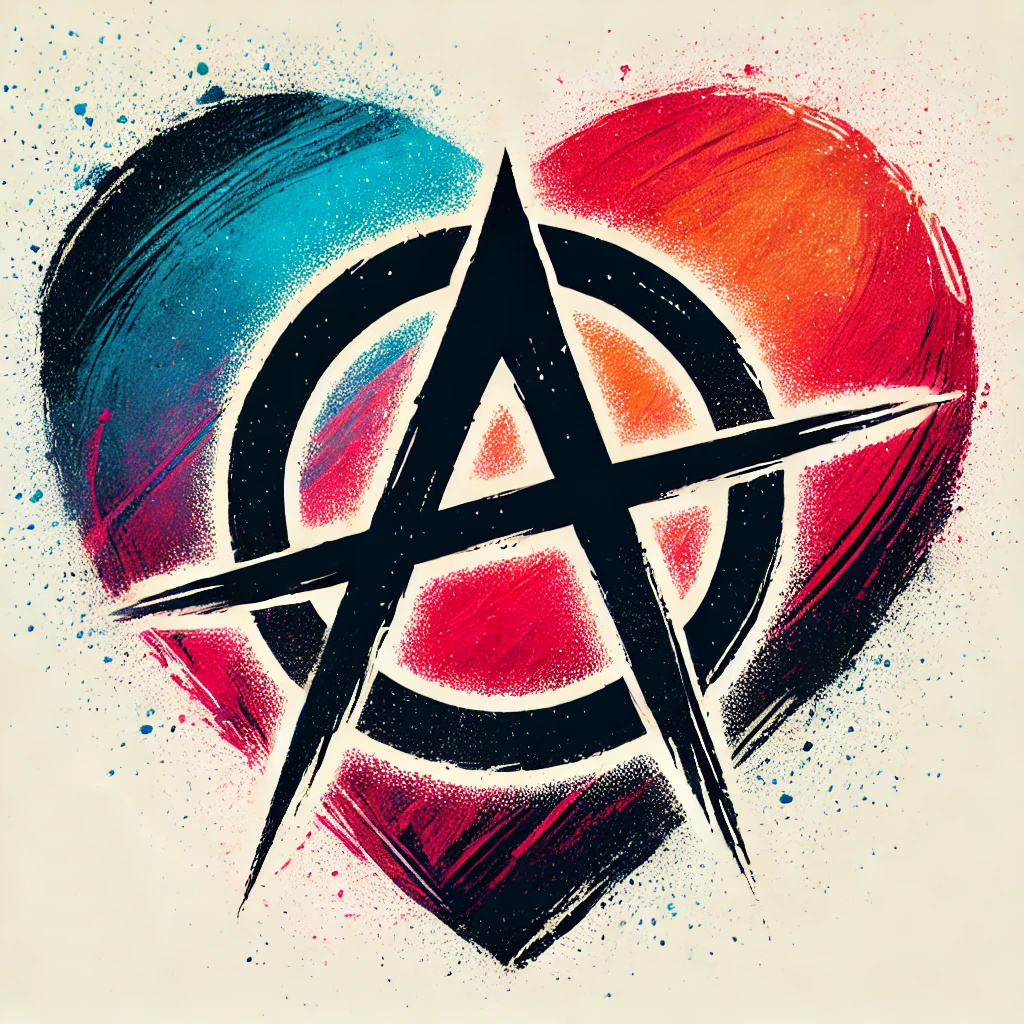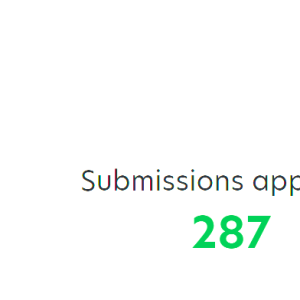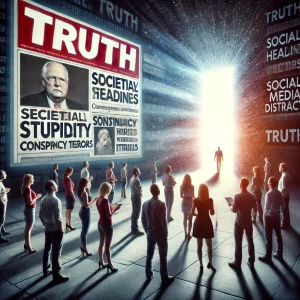
Our Anarchy
Preface
After watching Oliver Anthony delivers rallying cry to world leaders, His words echoed the core ideas of personal autonomy, responsibility, and acting without waiting for permission—values that align with the spirit of modern anarchism. His words weren’t about destruction or chaos, but about people taking ownership of their lives, their communities, and their responsibilities without waiting for permission. This post explores that idea—not as a rigid doctrine, but as a way of living.
Our Anarchy
Anarchy is a misunderstood concept in the modern world. The word has been twisted to mean chaos, destruction, and lawlessness. But in truth, anarchy is not about disorder—it’s about the absence of imposed control.
This post is not about defining anarchy for everyone—only exploring how it can be lived. Anarchy has meant different things throughout history, but here, we focus on how it can shape personal action. It is not about overthrowing governments or demanding systemic change—it is about reclaiming responsibility in our own lives, choosing to act instead of waiting for authority to dictate our choices.
At its core, anarchy is about choosing cooperation over control, mutual aid over forced hierarchy, and self-governance over imposed rule. It is not about selfishness or lawlessness—it is about people taking responsibility for their actions and communities without rulers, without masters, and without waiting for permission to act.
Every time people come together to solve a problem without asking an authority to step in, every time they take care of each other without demanding a reward, every time they step up and lead without claiming dominion over others—that is Our Anarchy.
Our Anarchy: Living Within Government
Anarchy is not a blueprint for governing nations, states, or even large communities. Large-scale society requires structure, but that doesn’t mean individuals must surrender their autonomy. In the context of this post, Anarchy is a personal practice, not a demand for systemic change—but when widely practiced, it has the potential to organically shift systems over time.
Instead of expecting governments to uphold fairness, justice, or community, we take responsibility for those things ourselves. Anarchy is what we do in our daily lives—choosing to help, build, and act without waiting for permission or authority.
This doesn’t mean rejecting all systems—it means recognizing where we have power and using it. Anarchy thrives in the small, everyday moments where people step up instead of standing by. It is a way of living that makes centralized power less necessary, not by overthrowing it, but by making it irrelevant in the ways that matter most.
Examples of Our Anarchy in Action
Oliver Anthony’s Example
In his speech, Oliver Anthony spoke about the struggles of everyday people—those who work hard and often find themselves abandoned by the very institutions meant to serve them.
He shared a story about a road that had been blocked due to damage. Officials told the community it would take days or weeks to repair. But the people didn’t have days or weeks—they had minutes. So they came together, cleared the road themselves, and made it usable again.
This wasn’t rebellion—it was necessity. When the system fails, people don’t wait; they act. They help each other, support their communities, and find ways to survive despite the odds. That’s not chaos—that’s stepping up when authority stands idle. That’s Our Anarchy.
Flint Water Crisis: People Helping People
When the government failed the people of Flint, Michigan, and allowed lead-contaminated water to poison an entire city, people didn’t just sit back and wait. Local activists, community leaders, and even outsiders took action—delivering clean water, raising awareness, and organizing support efforts. They didn’t ask for permission to do the right thing; they just did it. That’s Our Anarchy in motion.
Helping the Fallen
As I neared the bus stop, I saw a man who had fallen into some bushes. Further ahead, another person was waving their arms and yelling something, but I couldn’t make out the words, so I ignored them.
The fallen man looked and smelled homeless, and a broken white cane lay a few feet away. I picked it up and handed it to him. That was when he realized someone had heard his cries for help.
He was clearly drunk, but that wasn’t my concern. Scattered around him were a few objects he had dropped. I gathered them up and placed them within his reach.
When I asked if he needed help, I expected him to want to get up. Instead, he asked for food. I had some hot chicken from the deli in my backpack, so I gave him a piece. This was My Anarchy.
Call to Action: Standing Firm in Uncertain Times
We are living through a moment in history where power is consolidating, freedoms are being questioned, and institutions we once trusted are failing us. The world is shifting beneath our feet, and for many, the future feels unpredictable—maybe even terrifying.
But here’s the truth: we have always been the ones holding things together.
- When governments stall, it’s people who act.
- When corporations fail us, we build alternatives.
- When leaders promise and delay, we step up without waiting.
The world may be changing in ways we cannot control, but what we do in response is entirely ours to decide. This is not a time for despair—it is a time for action.
So ask yourself:
Where can I step up today? What problem needs solving? Who is waiting for help while the system drags its feet? What can I do right now?
You don’t need permission to do what’s right. You never have.






